- Last Update 2026-03-02 18:14:00
Norway detects radioactive iodine by Russian border days after blast
OSLO (Reuters) - Norway’s nuclear safety authority is analysing tiny amounts of radioactive iodine detected in the air in northern Norway in the days after a deadly explosion during a rocket engine test over the border in Russia.
Russia’s state nuclear agency, Rosatom, said on Saturday that five people killed in the blast were its staff members, and the accident involved “isotope power sources”, giving no further details.
Norway’s radiation and nuclear safety authority DSA said it had detected the radioactive iodine at its air filter station in Svanhovd, which is by the Russian border. A river separates the two countries.
The samples were collected in the period Aug. 9-12, while the accident in the Arkhangelsk region of northern Russia occurred on Aug. 8, it said.
“At present it is not possible to determine if the last iodine detection is linked to the accident in Arkhangelsk last week. DSA continues more frequent sampling and analysis,” DSA said.
Such radiation measurements are not unusual in Norway, as its monitoring stations detect radioactive iodine about six to eight times a year and the source is usually unknown.
Russia’s state weather service said on Tuesday that radiation levels in the city of Severodvinsk had spiked by up to 16 times last Thursday, while medics who treated victims of the accident have been sent to Moscow for a medical examination, the TASS news agency reported.
You can share this post!
-
Still No Comments Posted.
Name
Content
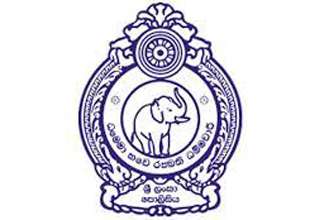
- March 1, 2026 - 142 - 0
Easter Sunday attacks: AG orders CID to probe Sirisena, Ranil, top officials
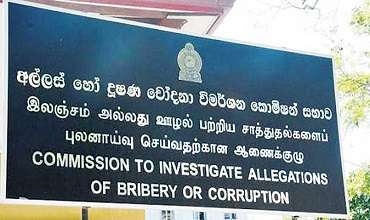
- February 25, 2026 - 112 - 0
Senior ex public officials in bribery net
A former secretary to the Ministry of Trade , former additional secretary and chief finance official have been arrested over corruption charges , the Commission to Investigate Allegations of Bribery and Corruption said.
Related Articles

Top stories of the day
- 02/03/2026 - 60 - 0
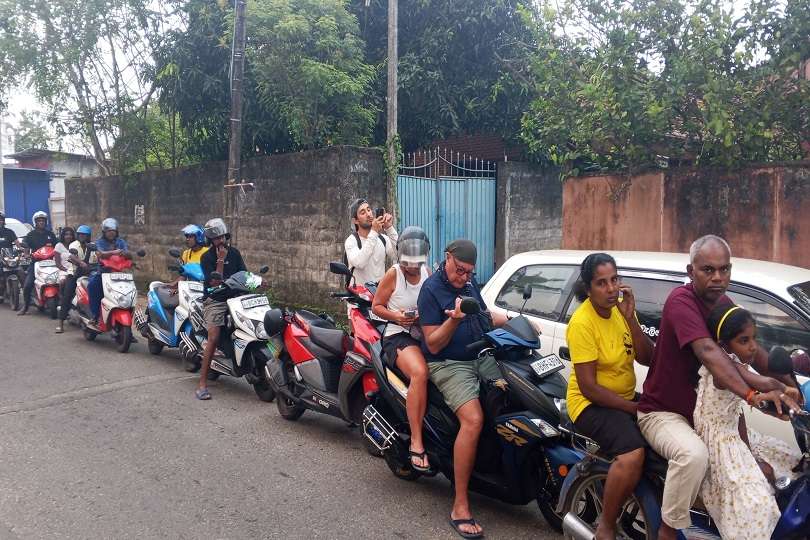
Long queues near fuel stations despite Govt assurances of availability of stocks
- 02/03/2026 - 49 - 0
SL mission in Bahrain closely monitoring situation
- 02/03/2026 - 8 - 0
SriLankan Airlines cancels West Asian flights on Sunday
- 01/03/2026 - 34 - 0



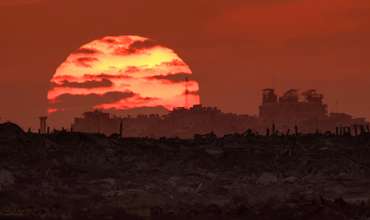
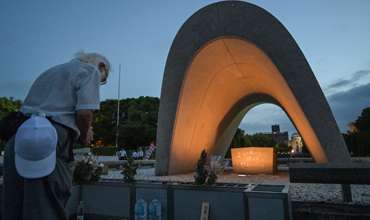
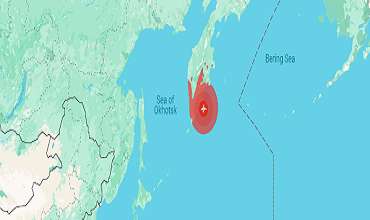
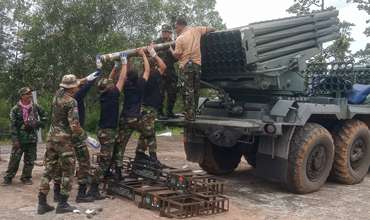
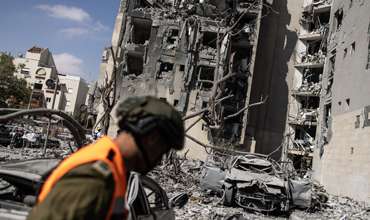
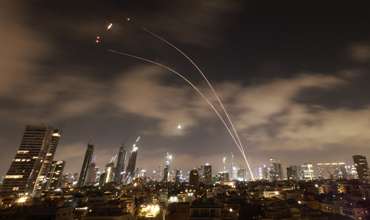

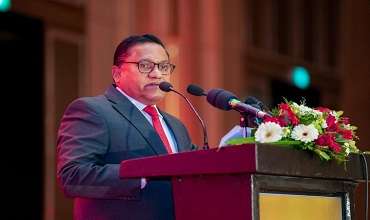
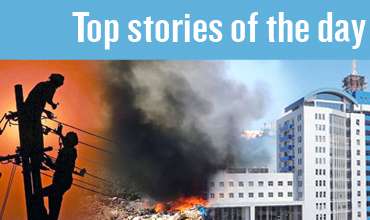
Leave Comments